
Sikh teachings on gender equality are “way ahead not only of society at that time, but of much of society today”, says Lord Singh
Marking International Women’s Day last week, peers debated the role Britain plays in promoting gender equality across the globe following a question tabled by Tory peer Baroness Shields.
Talking about this year’s theme “Be Bold for Change” The Parliamentary Under-Secretary of State, for the Department of Culture, Media and Sport and Home Office said, “In some regards, it is a sad indictment that despite the integral role that women play in every aspect of life, we still struggle to be considered equal. In the opening years of the 20th century, courageous women joined hands and stood beside each other in solidarity.” She went on, “Outside this very House, suffragettes fought for women’s rights in our democracy, yet more than 100 years on, we are still striving to become a society that is truly equal.”
Lord Singh, the Director of the Network of Sikh Organisations (NSO) told peers true equality is reflected in a society where opportunity and respect is given parity for both sexes. Lord Singh stressed greater equality in society had moved on from the traditional view of men being ‘bread-winners’ and women the ‘main carer’. This he told peers, had resulted from an acceptance that there is nothing demeaning in men playing a greater role in the home.
Reflecting on his own faith Lord Singh said, “Sikh teachings place a strong emphasis on the equality of all human beings. Right from the start, Guru Nanak—the founder of the faith, born in 1469—made clear that this teaching of full equality and dignity included women. In a memorable line, the guru criticised prevailing negative attitudes to women, saying, “How can we call those who give birth to kings and rulers, lesser beings?”In 1699, when Guru Gobind Singh gave Sikh men the common name Singh—meaning “lion”, to remind us of the need for courage—he gave the name or title “Kaur”, meaning “princess”, to women, to remind them and others of their elevated status in Sikh society. On reflection, that seems to be a bit more than equality. I would rather be a princess than a four-legged beast.”
He went on, “The Sikh gurus were aware then—as is sadly still true today— that war is often used to justify brutal treatment of enemy women. Sikh teachings remind us that in times of conflict, women and girls should, as appropriate, be regarded as mother, sister or daughter and be treated as such. Sikh teachings on the equality and dignity of women were way ahead not only of society at that time, but of much of society today.”
Lord Singh warned of being complacent, adding, “In some Sikh families, the still-negative culture of the sub-continent sometimes overrides religious teachings, with girls being treated less favourably than boys, promoting a false sense of male superiority. Today, Sikhs and non-Sikhs need to do much more to make the dignity and complete equality of women the norm, within our different faiths and in wider society.”
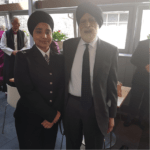


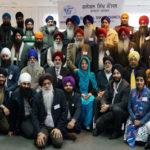

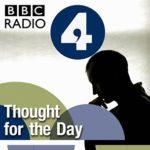
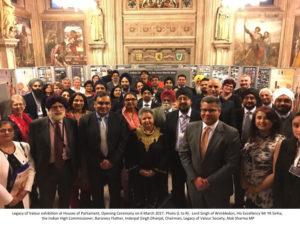
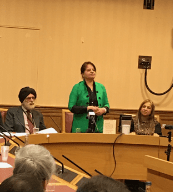



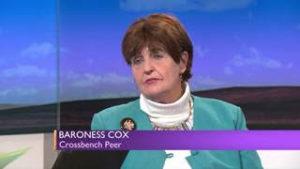 Last week saw the second reading of Baroness Cox’s arbitration and Mediation Services (Equality) Bill, which aims to protect the rights of women under Sharia courts operating in Britain.
Last week saw the second reading of Baroness Cox’s arbitration and Mediation Services (Equality) Bill, which aims to protect the rights of women under Sharia courts operating in Britain.